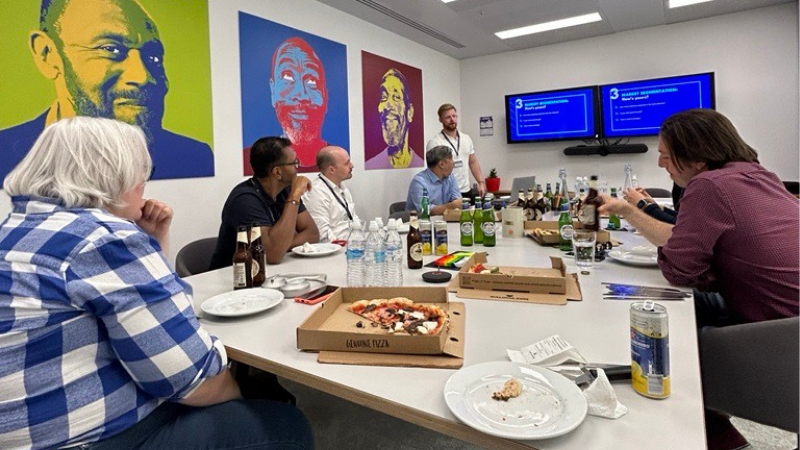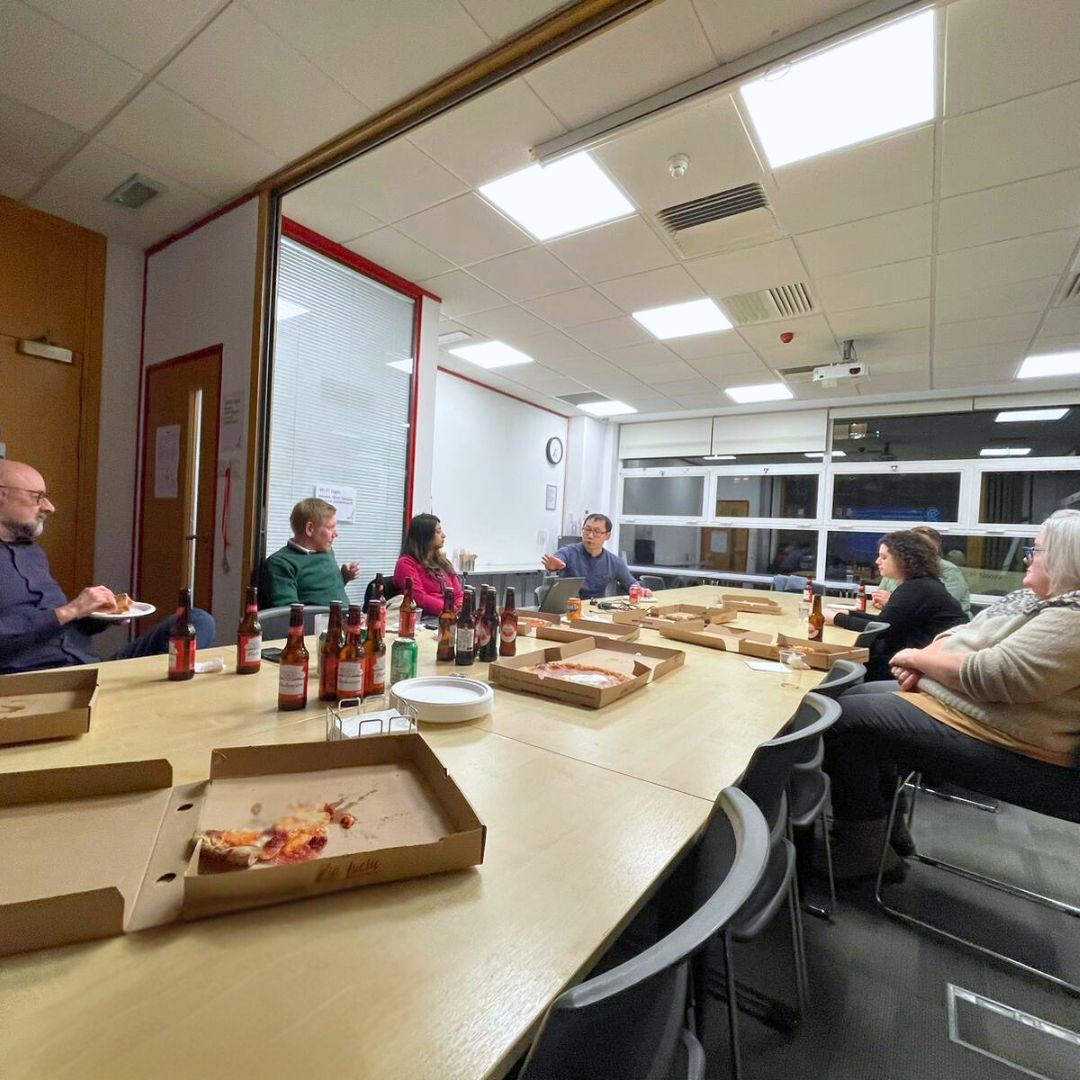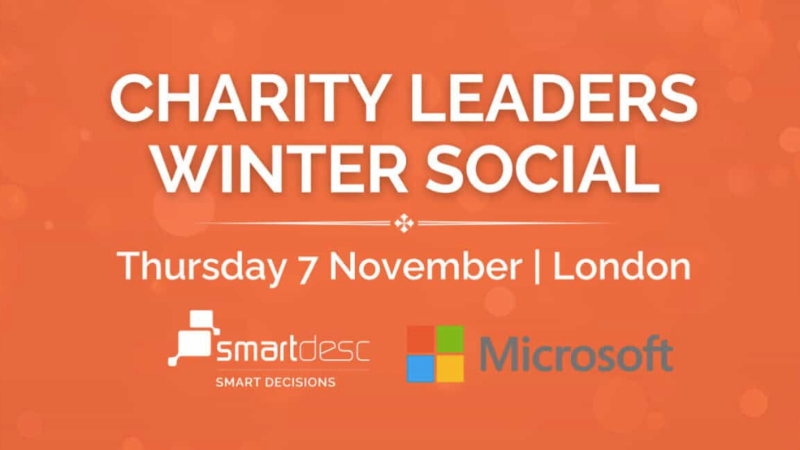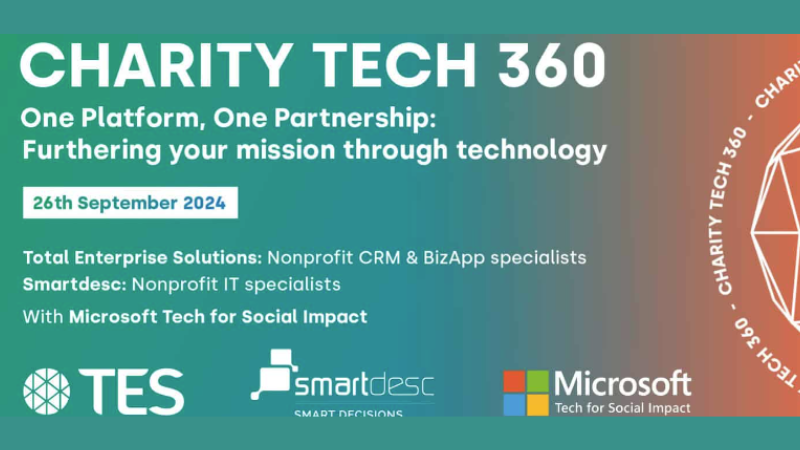
The third NFPeers event brought together data professionals from across the non-profit sector for an evening of insightful discussions, practical knowledge-sharing, and forward-thinking ideas. With a packed agenda, the event tackled some of the most pressing topics in the non-profit space, from collecting and utilising Equality, Diversity, and Inclusion (EDI) data to exploring cutting-edge tools like Microsoft Fabric and Almanac.
The session highlighted the unique challenges and opportunities non-profits face in leveraging data to drive meaningful change. Attendees exchanged strategies for building trust, fostering inclusivity, and ensuring ethical data handling while navigating complex platforms and resource constraints. Whether it was delving into the sensitive yet vital area of EDI data collection, weighing the pros and cons of Microsoft Fabric, or uncovering the potential of Almanac for streamlining workflows, each topic underscored the importance of thoughtful, data-driven approaches in strengthening the sector. This blog recaps the key takeaways and themes that emerged from this engaging event, offering a glimpse into how data can empower non-profits to achieve their missions more effectively.
The Importance of Equality, Diversity, and Inclusion (EDI) Data
At our third NFPeers event, one of the standout discussions revolved around the collection of Equality, Diversity, and Inclusion (EDI) data – a critical yet often sensitive area for non-profits striving to build equitable and inclusive organisations. Collecting EDI data allows organisations to better understand their workforce and beneficiaries, identify areas for improvement, and measure progress towards inclusivity goals. However, it's not without its challenges. Questions around data privacy, engagement, and ensuring that collection efforts are meaningful rather than performative were central to the conversation. Attendees shared best practices for approaching EDI data with transparency and trust, emphasising the importance of clear communication and ethical data handling.
A key takeaway was the role of trust in encouraging participation in EDI data collection efforts. Attendees highlighted the importance of fostering open dialogue within organisations, explaining not only the “what” but also the “why” behind collecting EDI data. By showcasing how this information can lead to actionable change, organisations can inspire confidence and build stronger buy-in. Moreover, the group explored tools and methodologies for gathering EDI data, such as anonymous surveys, focus groups, and using external benchmarking to provide context for internal results. This session underscored that while collecting EDI data requires careful planning, the insights gained can be transformational, helping to create a more inclusive and impactful non-profit sector.
In specific sectors, such as health charities, collecting accurate data related to sex and gender plays a crucial role. For instance, knowing a patient's biological sex is necessary to determine the best way to treat physical health issues, as men and women can experience certain conditions differently. Conversely, understanding a person’s gender identity, while essential for respect and inclusivity, often serves different purposes in the non-profit world. Gender data can help with tailoring fundraising efforts, marketing strategies, and ensuring that services are designed inclusively and respectfully. This distinction highlights the multifaceted approach required when collecting and using EDI data – it is not merely about meeting regulatory requirements, but about crafting more inclusive and effective campaigns and services.
In addition, religion-based data collection can have a significant impact in certain non-profit areas. For example, charities targeting high-level donors or specific regions, such as those focusing on the Muslim community in the Middle East, may use religion as a key data point to inform their outreach strategies. Understanding the religious background of potential donors or beneficiaries can ensure that charities approach these groups in culturally appropriate ways, building trust and making sure their appeals resonate deeply. As with all EDI data, however, these efforts must be handled sensitively and ethically to avoid misuse or misunderstanding.
Microsoft Fabric: What Is It Really Like in Action?
Another engaging topic explored during the NFPeers event was Microsoft Fabric – a unified data platform that has been gaining attention in the non-profit sector. As organisations increasingly rely on data to drive decision-making, the promise of a comprehensive solution that integrates analytics, governance, and AI capabilities is highly appealing. Attendees who have worked with Microsoft Fabric shared their real-world experiences, offering insights into how it performs beyond the promotional headlines. From streamlined data workflows to enhanced collaboration between teams, the platform’s potential to simplify complex data operations was a key highlight.
However, the conversation also addressed the learning curve and practical challenges of adopting Microsoft Fabric. For many non-profits, navigating its features requires a shift in mindset, as well as investment in training and support to unlock its full potential. Attendees discussed how the platform’s scalability and integration capabilities have intrigued some, but they also stressed the importance of evaluating whether the solution aligns with an organisation’s specific needs and resources – or whether there are better alternatives. The discussion quickly shifted to Microsoft Fabric’s complex pricing structure, with attendees noting that its usage-based costs can be both unpredictable and prohibitively expensive for non-profits. Additionally, smaller organisations with limited technical resources may struggle with the platform’s steep learning curve, requiring dedicated IT staff or external consultants, which can further increase costs. Concerns about data privacy and security were also raised, as organisations handling sensitive information may feel apprehensive about relying on a cloud-based system. The discussion provided a balanced view, highlighting both the opportunities and challenges of using Microsoft Fabric for those considering its adoption.
Streamlining Non-Profit Workflows with Almanac
Our last topic of the evening was brought to us by Nayyara Tabassum, Research & Insights Manager at NCVO. Nayyara began to present an exciting segment on Almanac and its potential for the non-profit sector, but due to time restraints, we couldn’t hear her entire presentation. We’re eagerly looking forward to hearing more details in the near future, as the brief insights she shared sparked plenty of interest among attendees.
Almanac, a dynamic platform for document collaboration and knowledge management, offers non-profits an opportunity to streamline workflows and centralise organisational knowledge. For many organisations, managing policies, procedures, and shared resources can be a significant challenge, especially with distributed teams or volunteer networks. Almanac’s emphasis on version control, team collaboration, and centralised access could help alleviate these pain points, ensuring that important information is always accessible and up to date. While we’re keen to dive deeper into how non-profits can leverage this tool, it’s already clear that Almanac has the potential to enhance efficiency and communication across teams, allowing organisations to focus more on their missions.
We’re excited to learn more about Nayyara’s experience with Almanac at our next meeting and will share updates soon—stay tuned!
Shaping a Data-Driven Future for Non-Profits
This NFPeers event provided valuable insights into how data can drive positive change and innovation within the non-profit sector. From enhancing inclusivity with EDI data to exploring powerful tools like Microsoft Fabric and Almanac, the discussions highlighted the importance of adopting data-driven strategies to strengthen organisations. As non-profits continue to navigate resource challenges and technological advancements, events like these play a crucial role in empowering data professionals and fostering a collaborative approach to making a greater impact. We look forward to seeing how these insights will shape the future of the sector.
Looking into 2025
We’ll be sharing the details of our next NFPeers gathering soon, where we’ll be inviting all data professionals in the NFP sector to join us. This is a fantastic opportunity to connect with a growing community committed to driving meaningful change through data.
To get involved, simply reach out to Harry Bullock at hbullock@understandingrecruitment.com, or join our LinkedIn Group for regular updates on future meetups and community discussions. We look forward to welcoming you to NFPeers and continuing to build a supportive environment for nonprofit data professionals.



